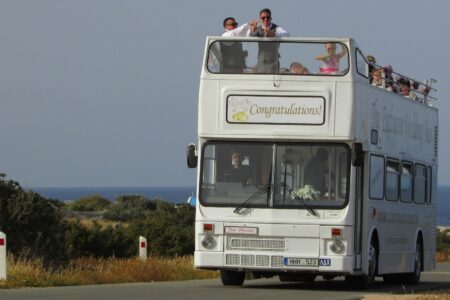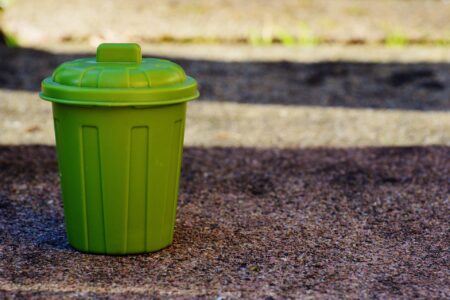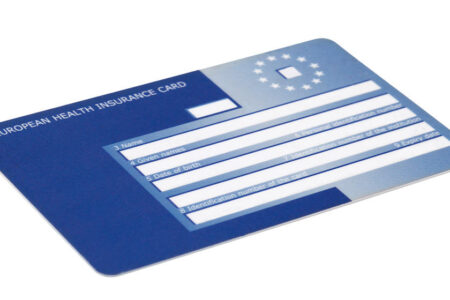Christmas in Cyprus (Christmas) is one of the most revered and family-oriented holidays of the year. It is celebrated on December 25th, as in most countries with an Orthodox calendar that coincides with the Gregorian calendar. For Cypriots, this is not just a religious date, but a symbol of spiritual renewal, warmth, and family unity. The festive season spans the entire island and lasts from late November until January 6th, culminating with the feast of the Epiphany (Theophanes).
Today, Cypriot Christmas combines ancient Orthodox rites with modern Western traditions. Artificial Christmas trees are installed in homes, schools host Nativity plays, and television broadcasts concerts and festive messages.
Shopping malls are decorated with lights, and charity events and family festivals are held. Despite the commercial component, the main idea of the holiday remains the same: faith, kindness, and family unity.

Contents
Preparing for Christmas
The Christmas season in Cyprus begins with a 40-day fast, which begins on November 15 and ends on the evening of December 24. Fasting is a time of purification, abstinence, and inner focus. During this time, people abstain from meat and dairy products, limit entertainment, attend church, and perform good deeds.
In December, Cypriots begin decorating their homes. The Christmas tree has become a traditional symbol of Christmas, but the Christmas boat (καραβάκι) remains equally popular —a symbol of the sea, travel, and good luck. The island has preserved this tradition since the days when most Cypriots were sailors and awaited the return of their loved ones for the holiday. Decorated with lights, these boats are placed in homes, streets, and squares in coastal towns.
Festive atmosphere
Christmas markets, festivals, and concerts take place in Nicosia, Limassol, Larnaca, and Paphos. The main squares are decorated with fir trees, garlands, and angel figurines. Christmas carols play in cafes, and shop windows are decorated in red and gold.
Municipalities are creating Christmas Villages —mini-towns with wooden houses selling sweets, handmade gifts, toys, and decorations. In the evenings, there are theatrical performances, choirs, and street performers.
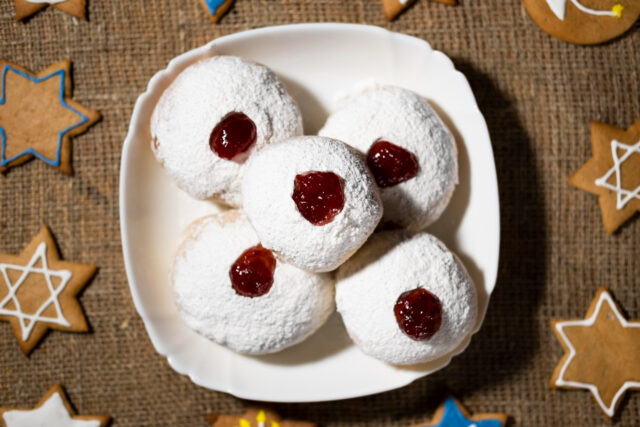
Charity events occupy a special place – schools, churches, and local communities collect donations for those in need, continuing the ancient tradition of helping others on Christmas Eve.
Christmas Eve and service
Christmas Eve, or Paramoni (Παραμονή), is celebrated on December 24. On this day, Cypriots complete their preparations, set the festive table, and prepare for the midnight liturgy. Festive services dedicated to the Nativity of Christ are held in churches across the island.
After the liturgy, families gather for dinner. Traditionally, this evening includes wine, bread, and simple dishes symbolizing the end of Lent. It is believed that Christmas Eve should be filled with light and joy, so that the year will be prosperous.
Festive food
A Cypriot Christmas is unimaginable without special dishes and sweets. Meat, bread, honey desserts, and aromatic drinks are served.
Main courses:
- Khoirinо me селино (χοιρινό με σέλινο) – stewed pork with celery and lemon sauce;
- Kleftiko (κλέφτικο) – lamb baked in a clay oven;
- Pilaf with raisins and nuts, symbolizing abundance;
- Flaounes – although traditionally prepared for Easter, in some areas it is also made for Christmas.
Sweets:
- Melomakarona (μελομακάρονα) – cookies soaked in honey, with walnuts and cinnamon;
- Kourabiedes (κουραμπιέδες) – almond cookies in powdered sugar;
- Diples (δίπλες) are rolls of thin dough, fried in oil and drizzled with honey.
Each of these delicacies has a symbolic meaning: honey represents the sweetness of life, nuts represent fertility, and powdered sugar symbolizes purity.
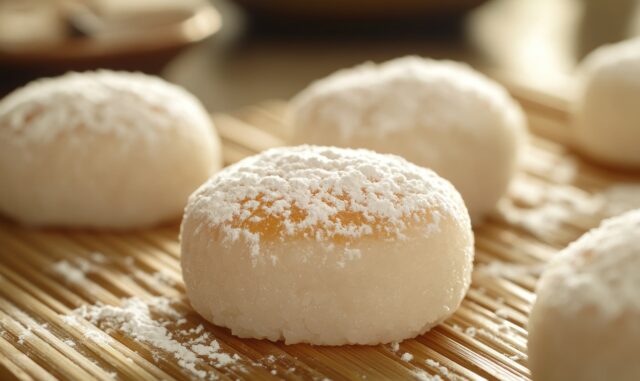
Kalanda – Christmas carols
One of the most ancient and beloved customs is kalanda (κάλαντα) – Christmas songs that children sing on the eve of Christmas, New Year and Epiphany.
Early in the morning on December 24th, children go around to their neighbors’ houses, singing kalanda, accompanied by the jingling of triangles. In return, the neighbors give them sweets, nuts, or coins. This tradition dates back to Byzantine times and symbolizes a wish for peace and prosperity in the home.
Customs and symbols of the holiday
Cypriot Christmas preserves many folk customs associated with faith and nature.
- Fire in the Hearth. It’s traditional to celebrate Christmas Eve with a blazing fire in the fireplace. The flame must burn until Epiphany to protect the home from evil spirits— kalikandzaroi (καλικάντζαροι), mischievous creatures believed to emerge from the earth during the Christmas season.
- Orange and laurel decoration. Laurel branches and oranges are hung at the entrance to the home as a symbol of purification and light.
- Holy water. After the church service, priests distribute holy water, which is used to sprinkle homes and fields.
In the villages of Cyprus, the custom of bringing fresh olive branches into the house and burning them in the hearth as a symbol of purification and renewal is still preserved.
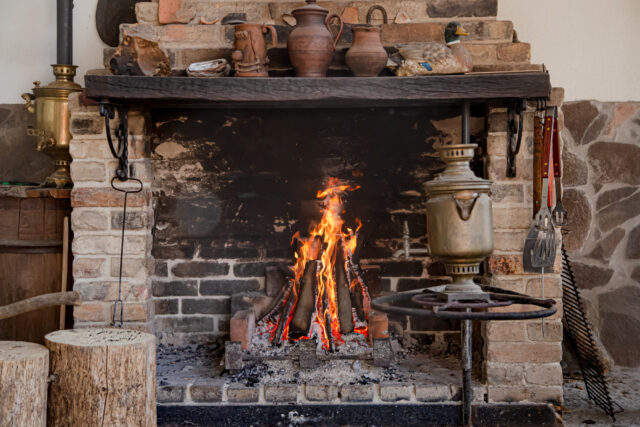
New Year and Saint Basil
In Cyprus, Christmas gradually transitions into the New Year and St. Basil’s Day (Agios Basils) on January 1st. It is St. Basil, not Santa Claus, who is the traditional “gift-giver.”
On New Year’s Eve, families gather around the table, where the main dish is vasilopita (Βασιλόπιτα) —a pie with a coin inside. Whoever gets the piece with the coin inside is considered lucky for the entire year.
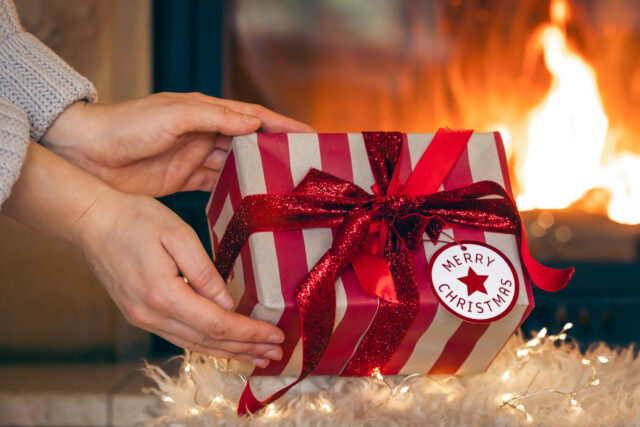
Baptism of the Lord
The festive cycle concludes on January 6 with the Feast of the Epiphany (Theophanes). Liturgies are held in the morning, and then priests bless the waters in ports and on the seashore.
In coastal towns such as Larnaca, Limassol, and Paphos, a solemn ritual takes place: a priest throws a cross into the sea, and young men dive in to retrieve it. It is believed that whoever retrieves the cross first will have good luck in the new year.
Tourism and Christmas holidays
In winter, Cyprus becomes a popular Christmas destination. Although snow falls only in the Troodos Mountains, the island offers a unique atmosphere: churches, Christmas villages, traditional markets, and a mild climate make Cyprus one of the most cozy places in Europe to celebrate Christmas.
Many hotels offer special programs, including dinners with Cypriot dishes, concerts, children’s activities, and fairs.
Christmas in Cyprus is a holiday filled with warmth, faith, and ancient traditions. It unites religious rituals and family values, transforming the island into a space of light and joy. The authentic atmosphere of Orthodox Christmas is preserved here: from the ringing of bells and the aroma of honey-baked cookies to the sincere wishes of goodness and peace. For Cypriots, it is a time of spiritual renewal and gratitude, when every home becomes a symbol of light, and the holiday an embodiment of peace and love.







